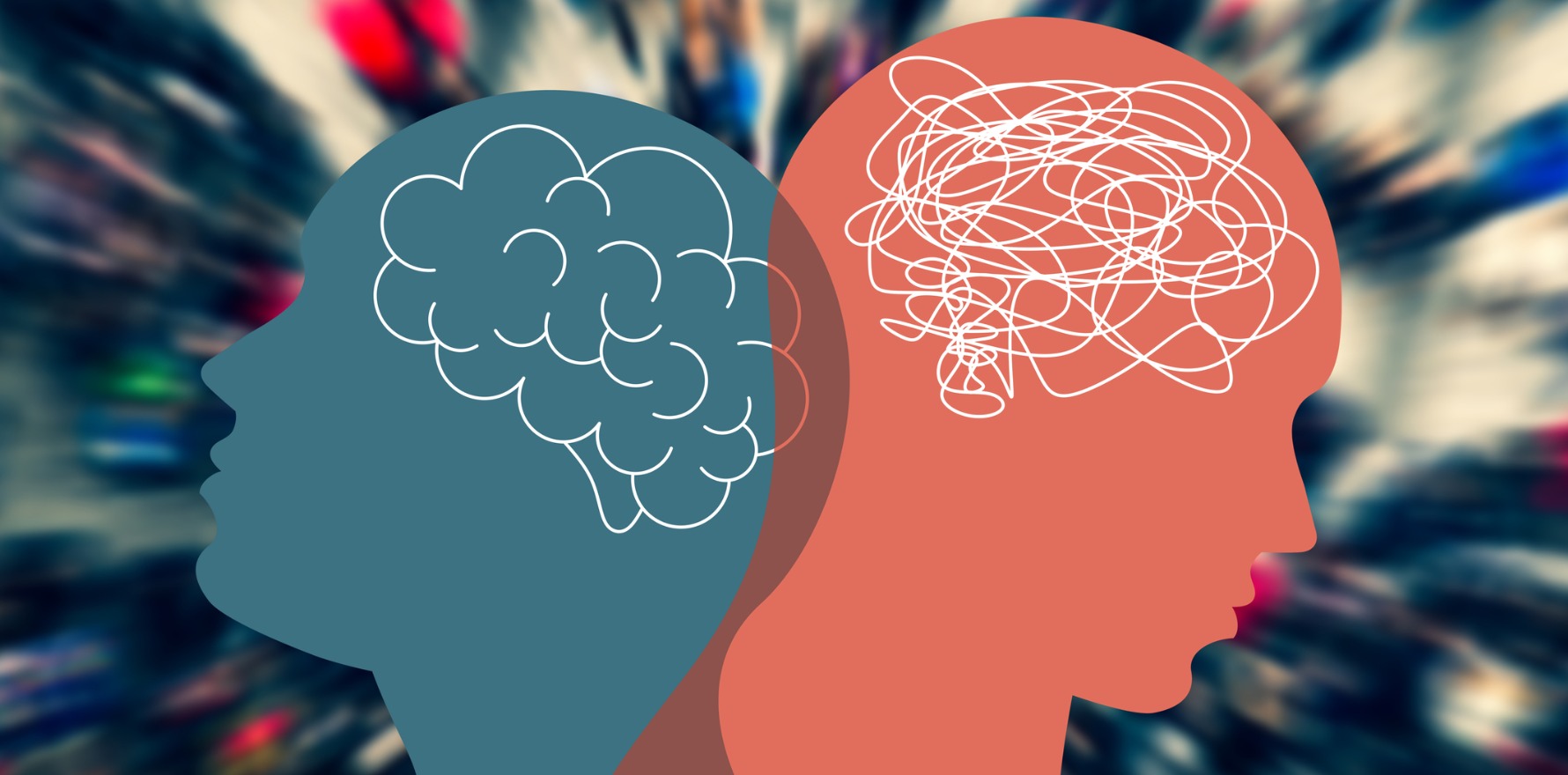Recombinant vaccine may increase time to diagnosis compared to the live vaccine, but any protection from infection has benefit.
Electronic health records in the US show an average 17% more time living without dementia for those who were given the recombinant shingles vaccine instead of the live shingles vaccine.
A second study shows a 20% increase in risk for cognitive decline in people with a history of shingles, suggesting that successfully avoiding infection is what brings the benefit.
Both types of shingles vaccine were found to reduce the risk of dementia more than influenza and tetanus-diphtheria-pertussis vaccines. However, people who received the recombinant shingles vaccine had an average of 164 extra diagnosis-free days.
The protective effect of the recombinant vaccine was noted to be stronger in women than men, who had 22% and 13% more time dementia-free respectively.
The cohort was split into two groups of over 100,000 people in each; 95% of one received the recombinant vaccine, and 98% of the other received the live vaccine. They received their first doses between 2014 and 2020 and were followed up for three to six years.
“Compared with the live vaccine, receiving the recombinant shingles vaccine is associated with a lower risk of developing dementia within the next six years,” the authors wrote.
People who received the recombinant vaccine were 35% less likely to develop a shingles infection in the following six years than those who had the live vaccine, regardless of sex.
Related
The link between herpes infection and dementia has been debated for decades, the authors noted, saying it could explain why both vaccines lower the risk of dementia, but the recombinant vaccine offers greater protection from dementia by better protecting against shingles infection.
This is possibly supported by another recent US study that found an episode of shingles is associated with a roughly 20 percent higher long-term risk of subjective cognitive decline, suggesting that shingles infection avoidance may be a key contributing factor to reducing dementias.
This may provide a possible explanation for why the vaccine which gives greater protection from shingles infection is associated with reduced risk of developing dementia.
The study included nearly 150,000 individuals from three separate cohort studies who participated in health status surveys every two years for up to 30 years, including questions about shingles episodes and self-perceived cognitive decline.
According to the researchers, an individual’s self-perceived experience of worsening or more frequent confusion or memory loss is one of the earliest noticeable symptoms of Alzheimer’s disease and related dementias.
Comparing participants who had a shingles infection with those who didn’t, their risk of cognitive decline was almost one fifth lower over the study period.
“Almost all individuals in the US age 50 years and older have been infected with varicella zoster virus (VZV) and are therefore at risk for shingles. There’s a growing body of evidence that herpes viruses, including VZV, can influence cognitive decline,” they concluded.





